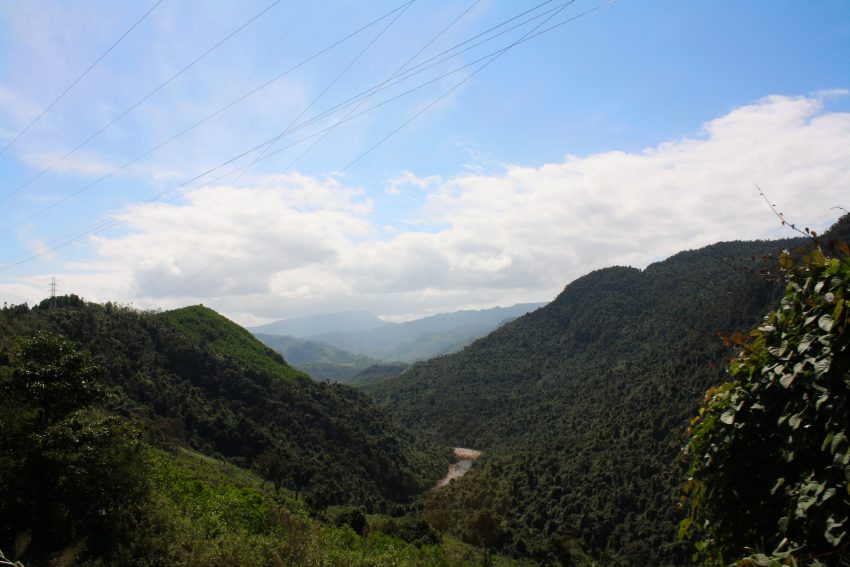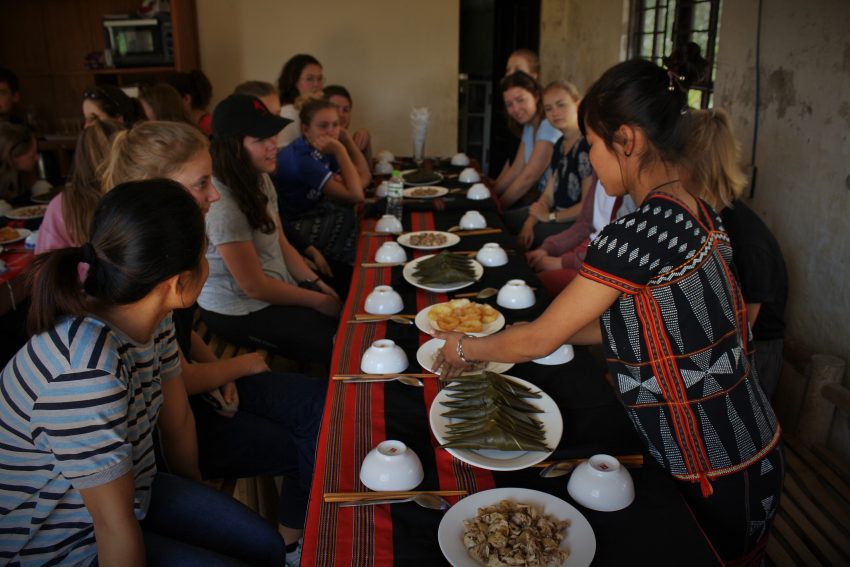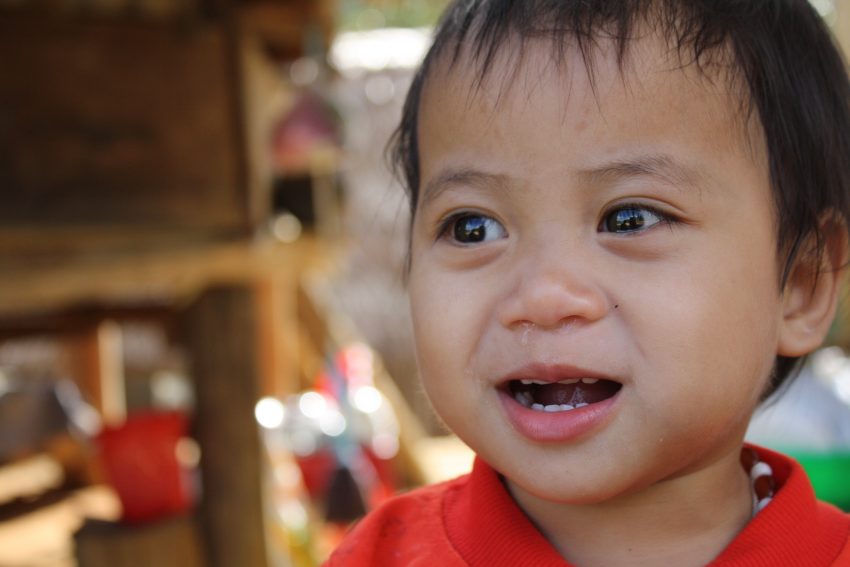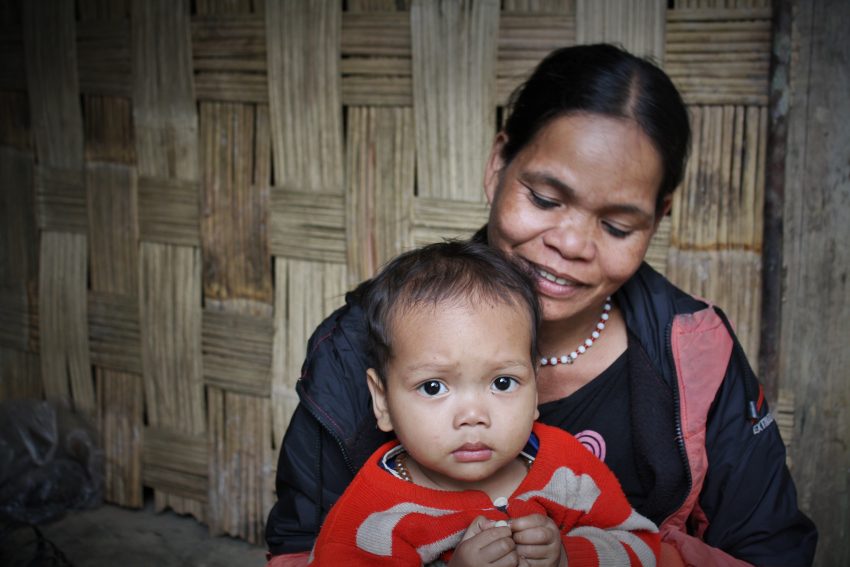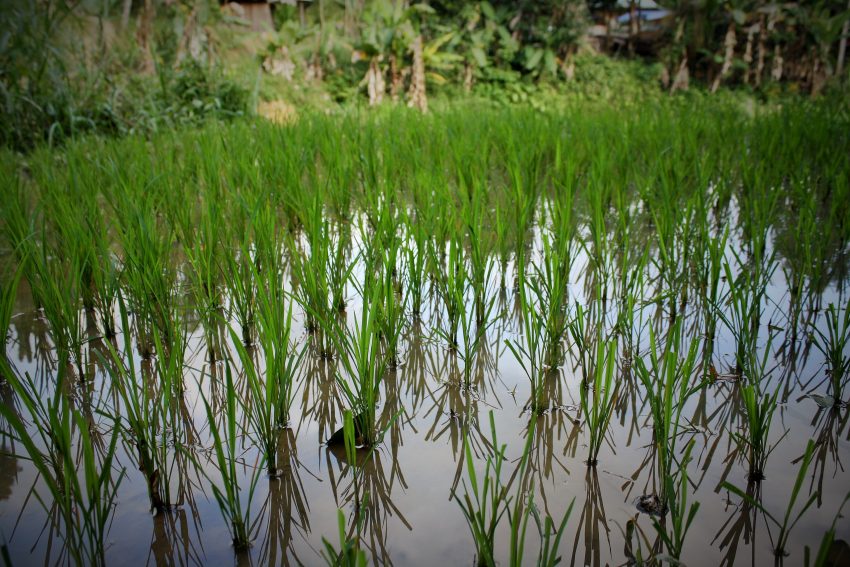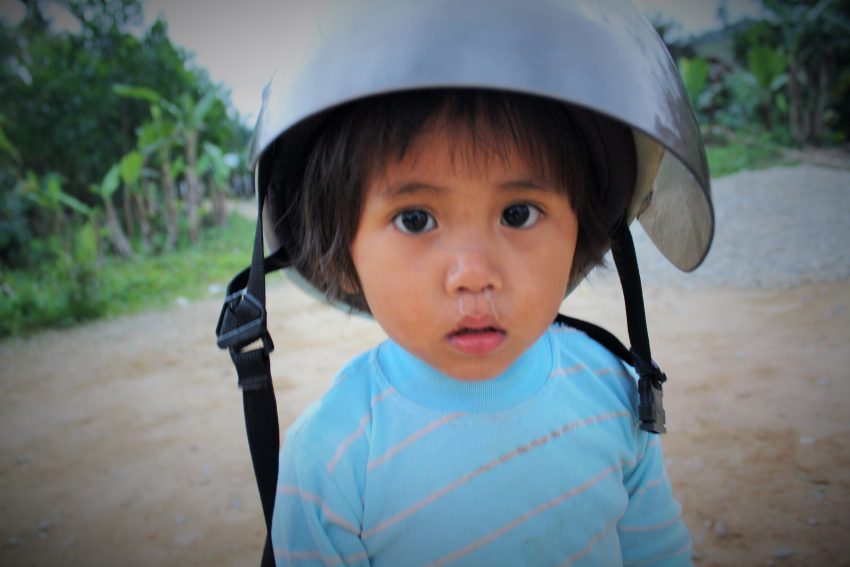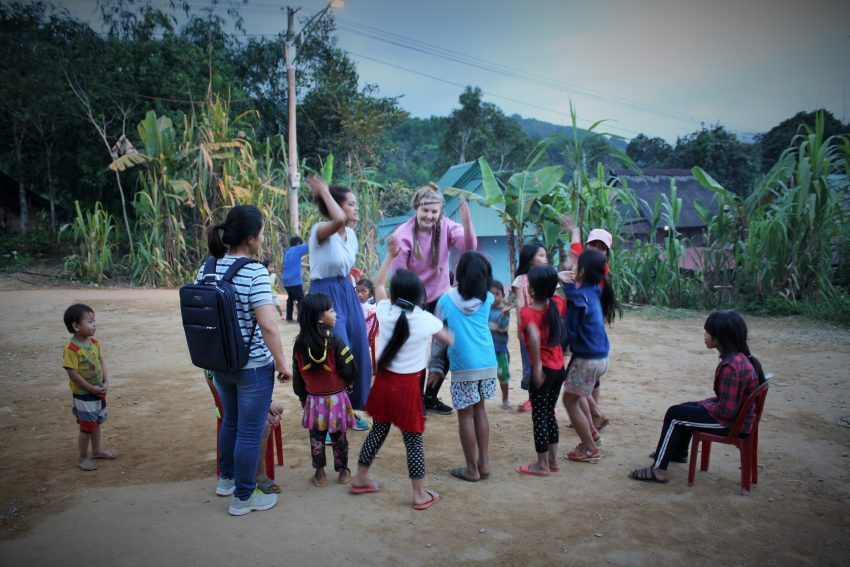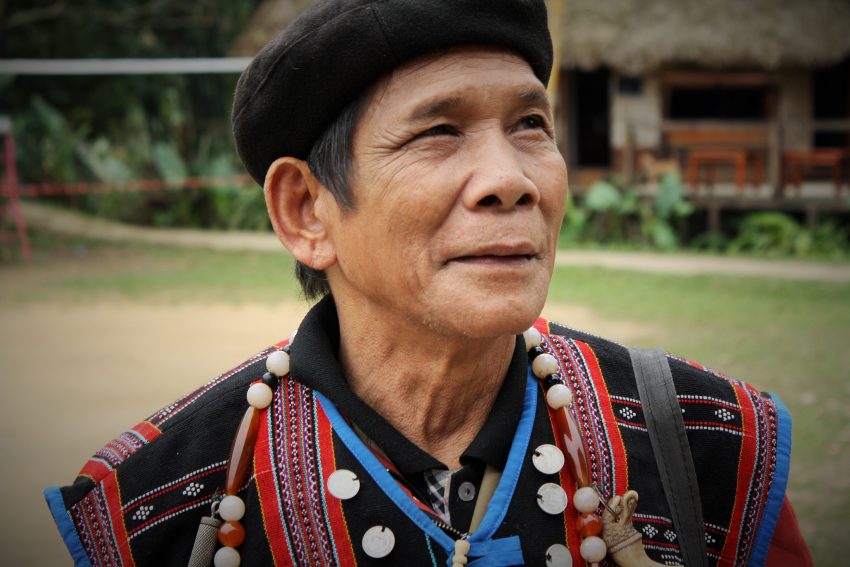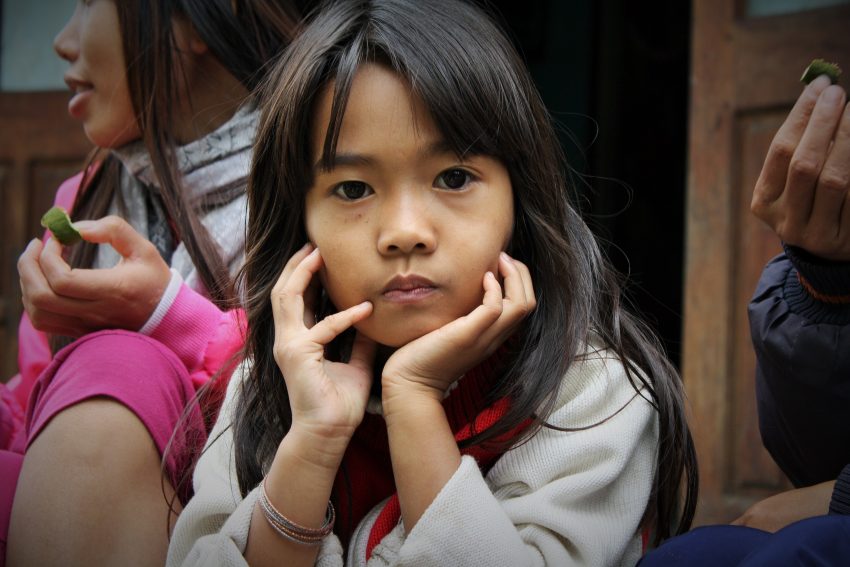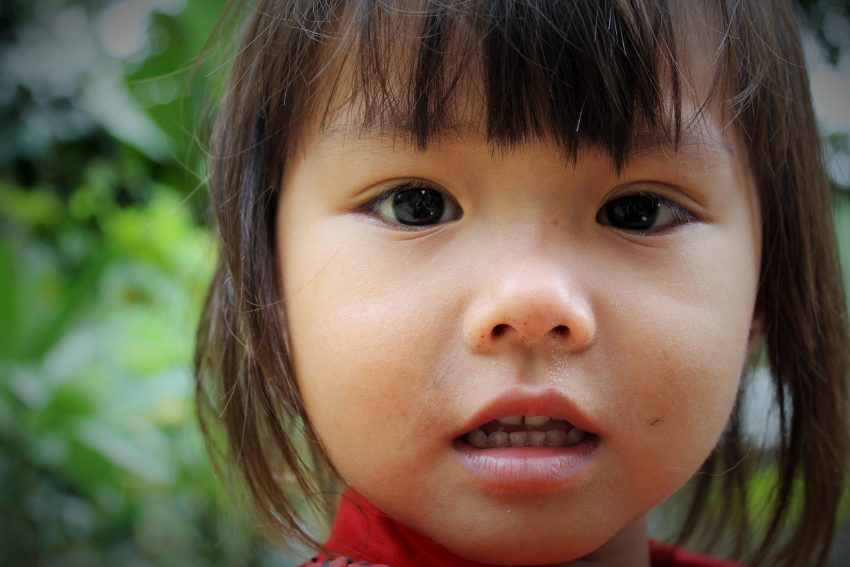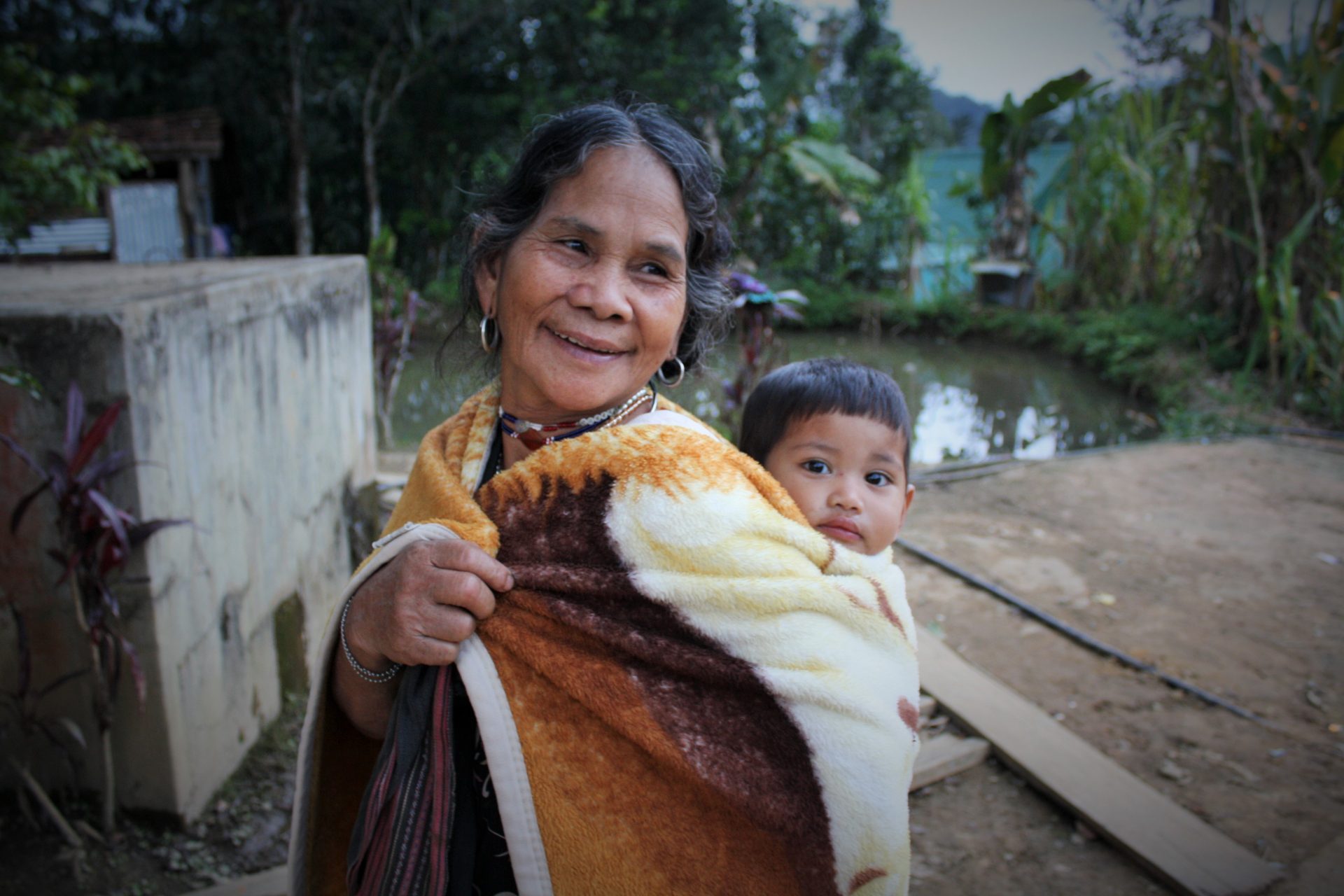
This weekend we got the change to travel outside Hoi An and learn more about the people in the Co Tu villages, as well as we learnt more about how to do field work. We were divided into groups, where some chose to focus on environment, tourism, gender, and the political system. The group that I was in chose education. We wanted to know if the people in the village had access to go to school, what their motivations for education was, and if they could afford higher education. Additionally, what I found the most interesting, we questioned the community forces. Do they see the value of education in their community and what kind of skills is the most important for them?
The drive to the village from Hoi An was approx. three hours, not so bad, but I have to say that the roads up to the mountains made some of us quite car sick. On the other hand, the scenery was amazing. I kept taking pictures and was always a bit late to click the enormous bulls and cows standing next to the roads. We also spotted some dams along the way, and some beautiful rivers flowing in the middle of the green forest.
When we finally got there, I found myself being a bit disappointed. The reason way: a big sign in front of us said “Dh Roong Tourist Village”. I thought to myself, So, they made a poor village into a tourist attraction? And now we are here to ask about their life as a person living in a village and their poor conditions to go to school? Thoughts of that tourism probably vanished out their culture and their way of living because of adaptation to the tourist demands made me sad. Further, I realised the disturbing thought of wanting the people in the village to be more authentic. Why? On the other hand, I concluded that tourism probably increase their economy. However, I still think it is wrong to earn money on their culture and traditions if the consumers demand push it. Anyway, this did not ruin my experience of the villages. The people living in the villages is as real as they can be and they have interesting perspectives on life.
We got served food in the villages and there were many smiling faces that met us. Their village is so green and I could feel that I somewhat admire their way of living in the natural surroundings, living of agriculture and use the resources from the forest to make a living. At the same time, I question myself if they would have wanted to live in this conditions if they had the same opportunities as I have.
After a night in the village we woke up to the sound of a rooster and kids playing outside our ‘bungalow house’. We went to another tourist village called Boh Hoong where we continued our field work before we returned home.
The interviews went well and I think we met a lot of interesting people that could debunk and confirm some of our expectations. We learnt that it can be hard to work with informants who don’t speak English, and depend on what our translator got out of the answers. However, my Vietnamese friend and classmate did a very good job as an interpreter for our group. I can imagine that it is a difficult task!
Despite my somewhat negative reaction the first day of our field trip, I would say that this was a good experience. I got to meet new people and learnt about their culture and lifestyle. I won’t say more about the outcomes of the fieldwork, in case students after me will visit the villages again. But if you are interested I’m more than happy to answer your questions.
